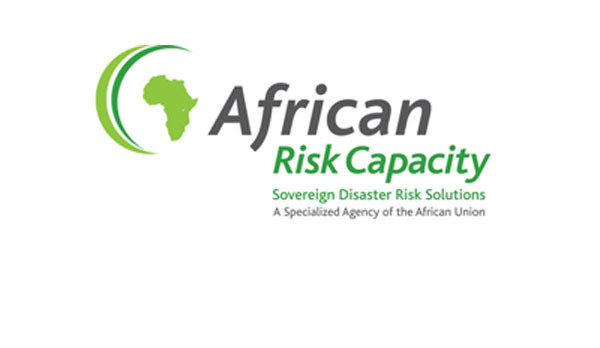
AFRICAN Risk Capacity (ARC), a specialised agency of the African Union (AU) that offers sovereign disaster risk insurance to regional economies, is broadening its interests in Zimbabwe, as authorities respond to intensifying natural disasters, officials said this week.
A team from the Johannesburg head quartered Pan-African institution were in Bulawayo this week to sharpen the skills of stakeholders in charge of the programme and the media, where an official in the ministry of finance indicated that more deals were under consideration.
ARC recently paid out US$1,4 million to Zimbabwe, which sees its quick response as a vital component of managing intensifying natural calamities.
The organisation came onto the scene a decade ago after heads of states and governments realised the need for an institution that helps member states respond to the debilitating effects of extreme weather events and natural disasters.
Zimbabwe assumed ARC membership on its launch in 2012.
After assuming membership, Harare, together with the African Development Bank signed the Africa disaster risk financing programme, also known as ADRiFi protocol agreement on capacity building in 2020.
The plan was to fortify its capacity in disaster risk management, according to Clive Mphambela, chief director for communications in the Ministry of Finance and Economic Development.
Mphambela, who spoke to journalists during a workshop to strengthen the media’s capacity in reporting disaster risks in Bulawayo, said ARC’s current scope of work in Zimbabwe revolved around providing insurance cover for drought and tropical cyclones.
- Renault hands Russian assets to Moscow
- New perspectives: Building capacity of agricultural players in Zim
- News in depth: Mnangagwa’s push for $12 billion mining industry imperils communities
- New perspectives: Building capacity of agricultural players in Zim
Keep Reading
But the two parties were exploring other crucial areas of coverage, possibly informed by the accelerating frequency and severity of disasters, such as cyclone Idai, which affected 50 000 households in Chimanimani about three years ago.
“Currently, the ARC insurance covers drought insurance and tropical cyclone risks,” Mphambela said.
“I am, however, informed that ARC is exploring possibilities of extending the insurance to cover products such as flood outbreaks and other emerging epidemics. An index-based financing facility, the extreme climate facility that aims to finance anticipated magnitude and incidence of extreme climate events is also being developed.
“It is indeed gratifying for us to have participated in and benefited from ARC’s pool during the 2019/2020 agricultural season, which resulted in a US$1,4 million payout, complemented by a US$290 000, which was extended to the WFP (World Food Programme) and supported over 180 000 households in the highly vulnerable districts.
“Since then, we have not looked back. We have, in collaboration with partners, been purchasing sovereign policies, complemented by replica policies (from WFP and StartNET along their members),” he added.
Mphambela said German’s Federal Ministry for Economic Cooperation and Development (BMZ), the Swiss Development Corporation, StartNetwork and WFP were among government and global agencies that bankrolled Zimbabwe’s participation in ARC’s drought risk insurance during the 2021/22 agricultural season.
“Our fiscal space is a bit overstretched given the global economic challenges…The ARC payouts contribute immensely towards complementing the early response intervention measures, which governments have in place to assist food insecure labour-constrained households (chronically ill, older person headed households),” he added.










